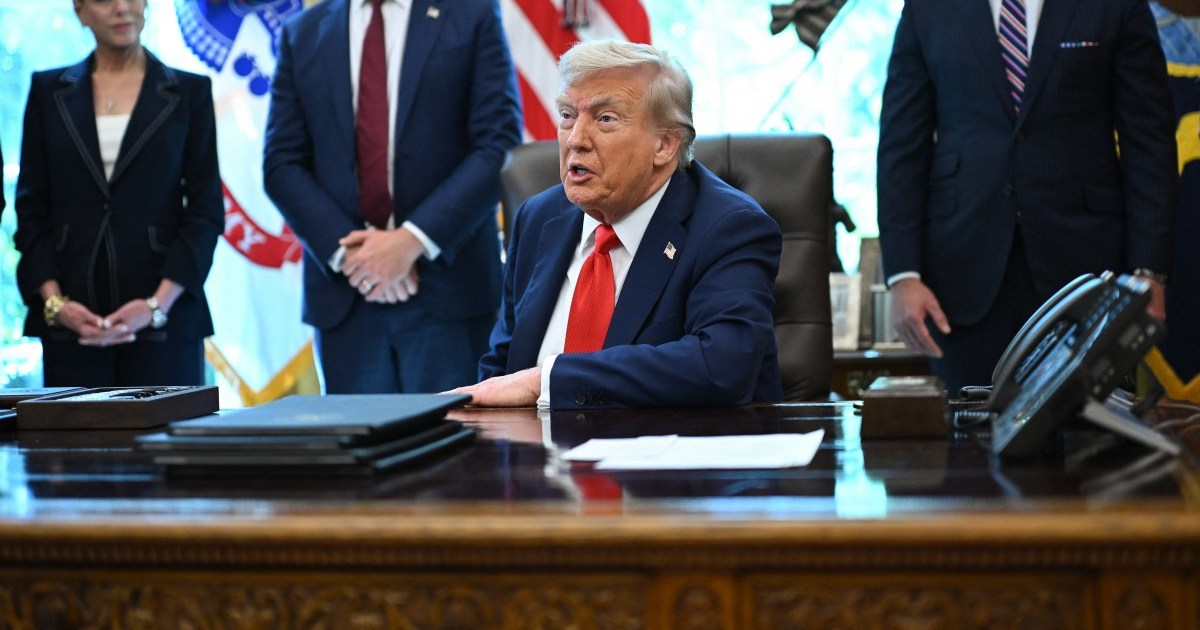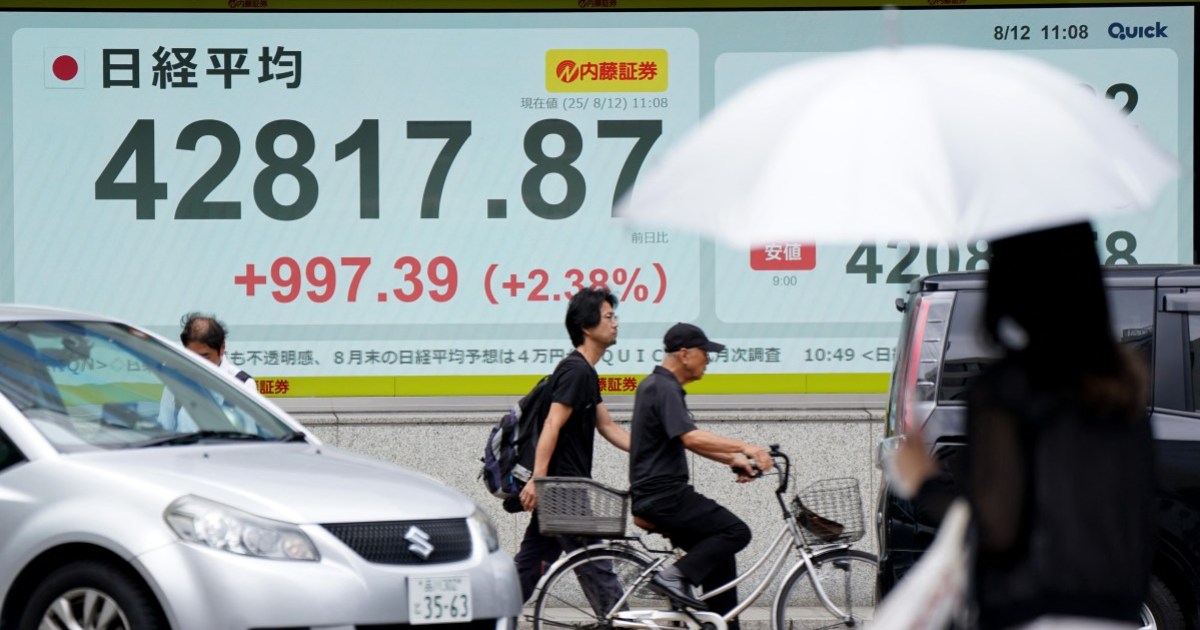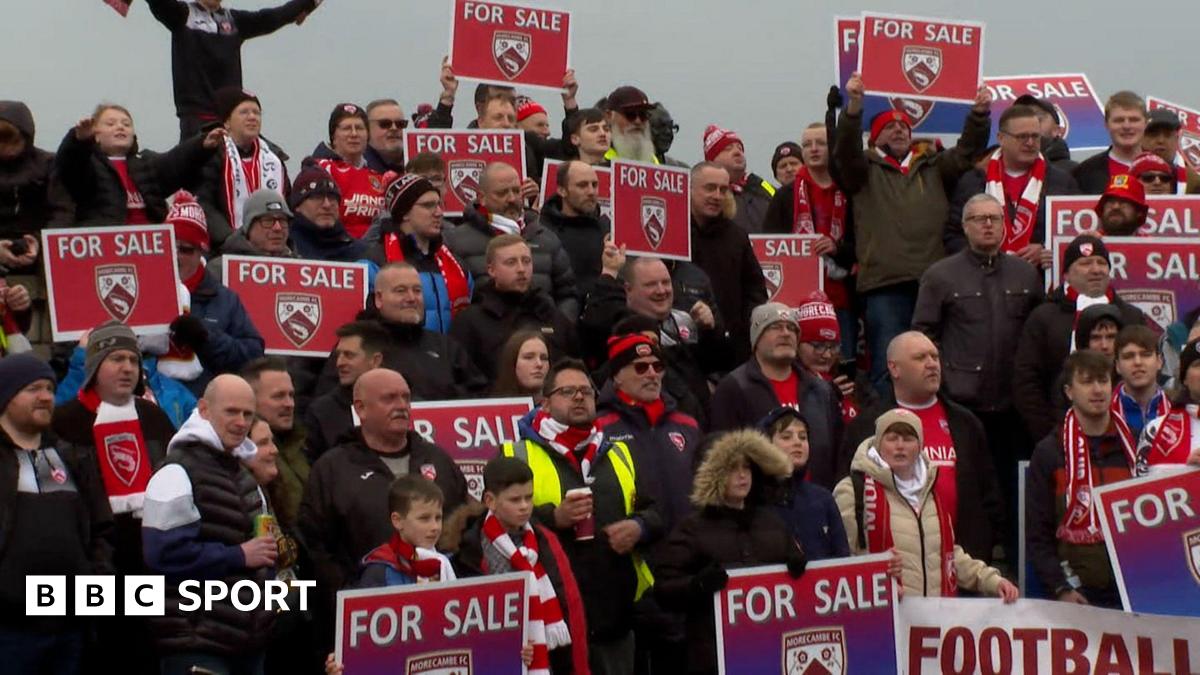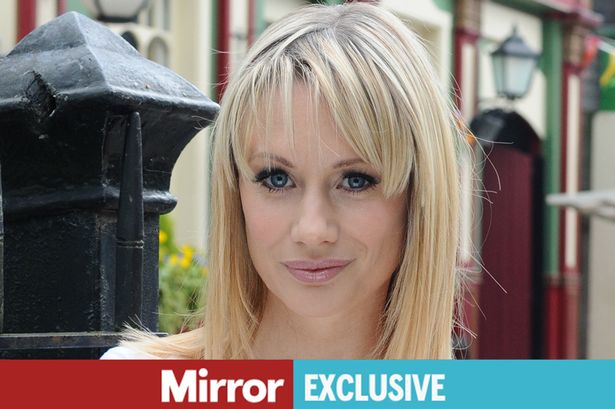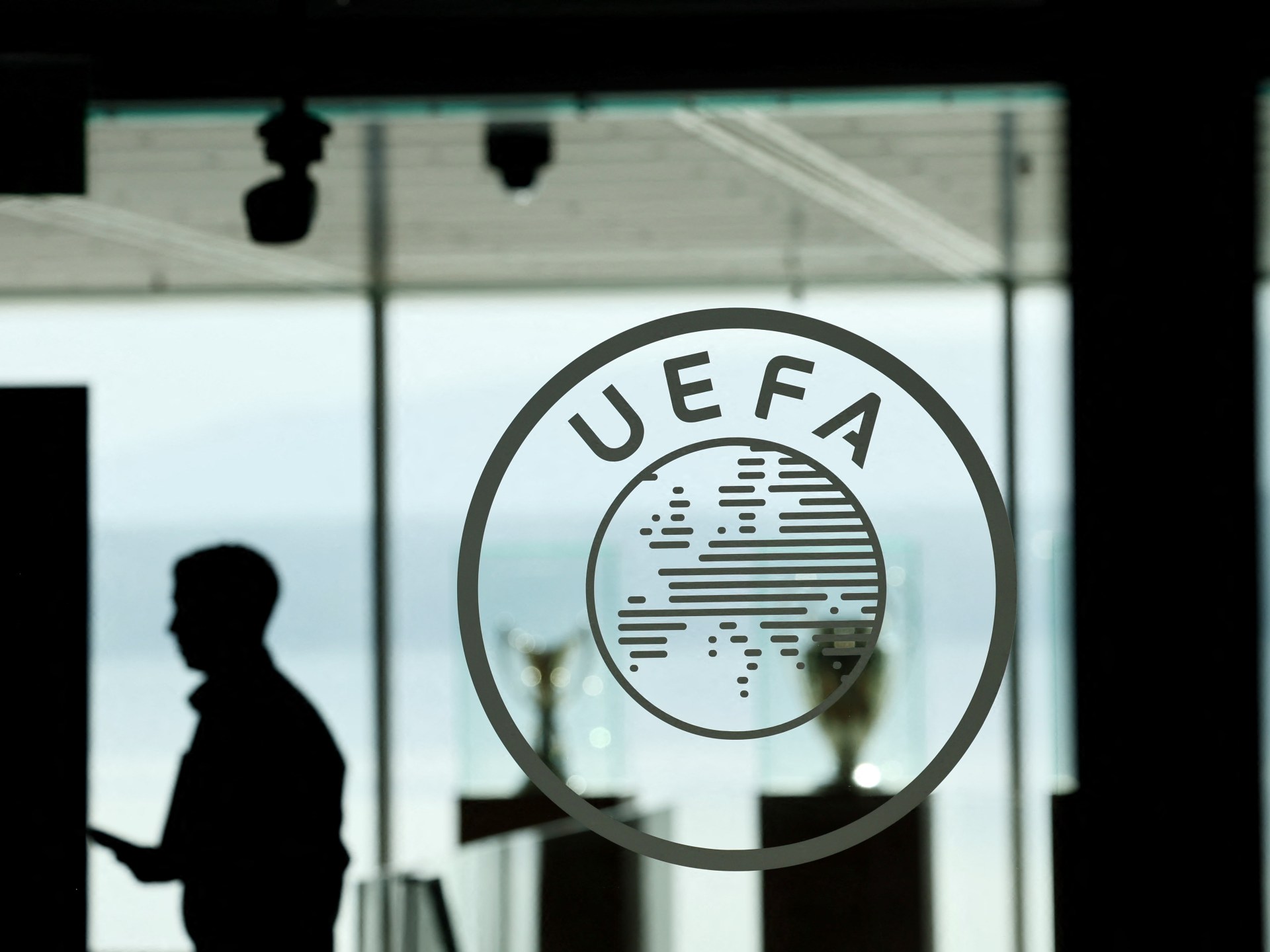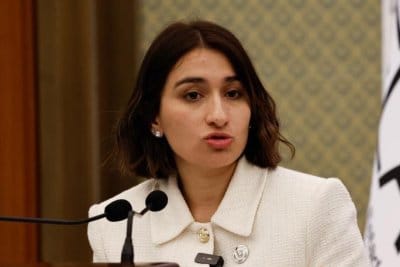EXCLUSIVE: Actress Kellie Shirley has revealed how appearing on BBC One’s EastEnders changed her life and helped her purchase her first home following her success
Former EastEnders actress Kellie Shirley has praised the show for completely changing her life. The actress appeared on the programme as Carly Wicks between 2006 and 2008, before making her final appearance on September 7, 2012.
Throughout her time on the programme, Kellie’s character faced a string of huge storylines, including fights, romances, and even secretly giving birth to a son behind her mum, Shirley Carter’s, back. Although she’s not been on screens in over a decade, Carly was last mentioned in 2022, following the death of her brother Mick Carter.
As Mick’s mum’s Shirley struggled to cope, she and Carly rekindled their bond and Shirley went to stay with her. Speaking about her time on the soap, Kellie exclusively told the Mirror: “I auditioned for it exactly 20 years ago, it changed my life as an actor because you’ve got a tiny bit of a profile that can open doors for you.
“I’m very grateful for that. I had a really good time there. Matt Di Angelo got in touch with me to ask for some advice,” she said of the friendships she made on the show. Kellie added: “That’s the best thing for me about the show, apart from being able to get on the property ladder.
“There are friendships that have stood the test of time for 20 years. Emma Barton (who plays Honey Mitchell), I always talk to her; she’s a friend for life. I don’t see her all the time, but when I do, it’s great. I’m grateful to the show.” But could fans expect to see Carly back on the show any time soon?
“People always ask me that, who knows?” she said. Kellie went on to say: “Anything’s possible, isn’t it, if they’re bringing people back from 20 years ago. But I’m enjoying my career, the variety, independent films and doing my own writing – that’s something that I really love as an actor. I feel like I’m getting somewhere with it, finally.”
Kellie has just written and starred in a short film, Croydon Cowgirl, set in Barry, South Wales, focusing on the life of two lonely strangers. Speaking about the career change, Kellie revealed that she was part of a roundtable with Stephen Graham at a BAFTA Elevate event, who offered invaluable advice.
She said that the Liverpudlian explained that actors shouldn’t moan if they want to play a certain part, and if a script doesn’t appear, they should write it themselves. “It just kind of dawned on me that all the people that I really respect have created it themselves. It was a lightbulb moment.
“I just started writing with a friend of mine, Phoebe Barron, and we work really well together. We’ve got three other projects that we’re working on. Croydon Cowgirl is doing various BAFTA BIFA (British Independent Film Awards) qualifying festivals, we’re developing it into a feature film, which is really exciting!” The actress is also set to play all seven characters in the production, Two, at Greenwich Theatre between August 21 and September 12, with Peter Caulfield playing all the male characters.
Kellie, who is an ambassador for Anthony Nolan, is now fronting the Omaze Million Pound House draw for the charity. “Ever since I was in EastEnders, I ran the marathon for them in 2008,” she said. Kellie added: “I went to see the amazing work that they were doing with stem cell transplants and I’ve met so many people along the way and different events and really seeing firsthand the work they do.
“They literally give people a second chance of life if you have blood cancer, the proof’s in the pudding. And when you hear people’s stories, you cannot help but have that connection and want to raise awareness and do as much as you can for the charity, because without them, it’d be really quite frightening.
“I think it’s four people every day they help, who have blood cancer and can save their life because of the register.”
Kellie Shirley is an Anthony Nolan Ambassador and is backing the charity’s partnership with Omaze, which is giving away a luxury contemporary home in Cheshire worth £4 million – along with £250,000 in cash – to raise money for the charity. Draw entries are available now on their website. The Draw closes at midnight Sunday July 27th.
Like this story? For more of the latest showbiz news and gossip, follow Mirror Celebs on TikTok, Snapchat, Instagram, Twitter, Facebook, YouTube and Threads.


